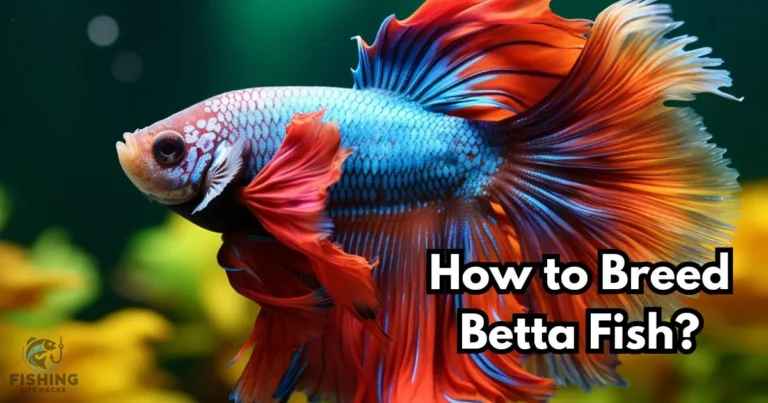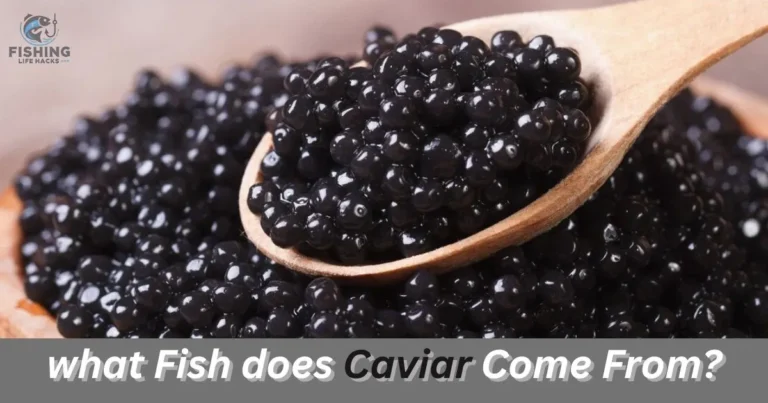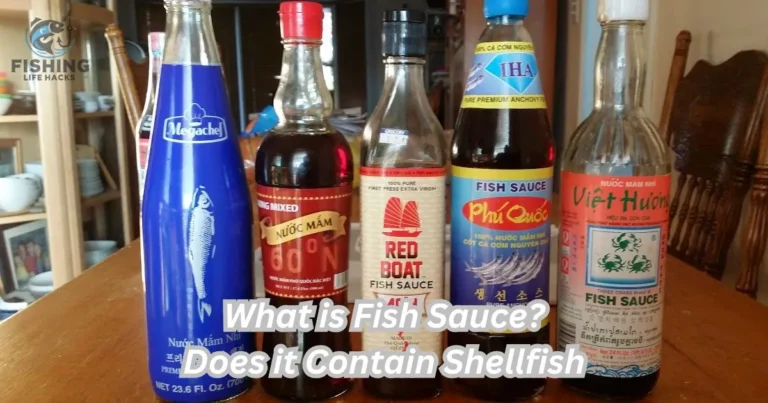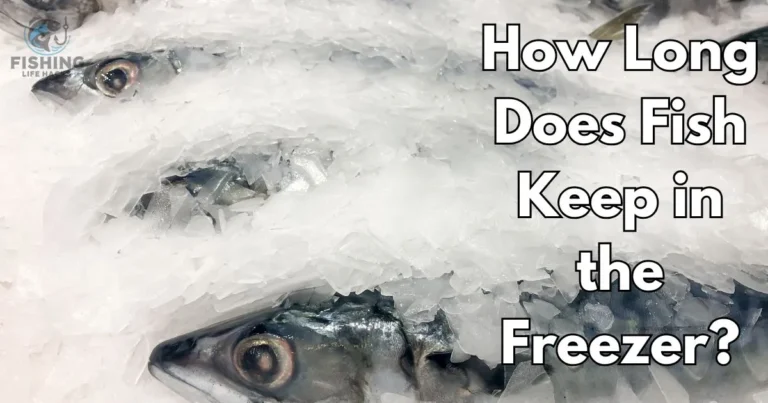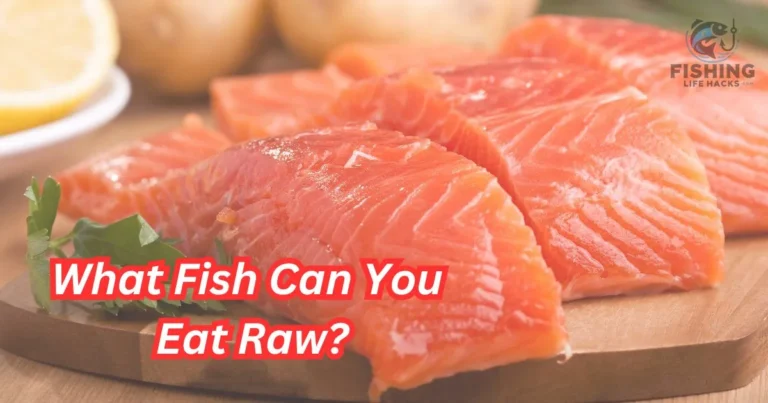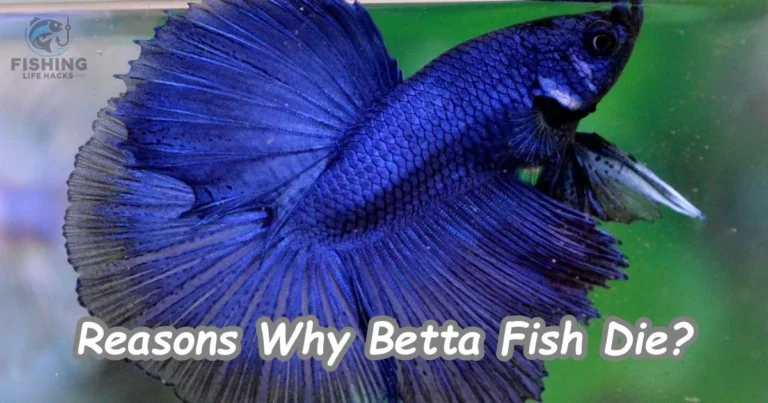Do Koi Fish Eat Other Fish? Step-by-Step Guide
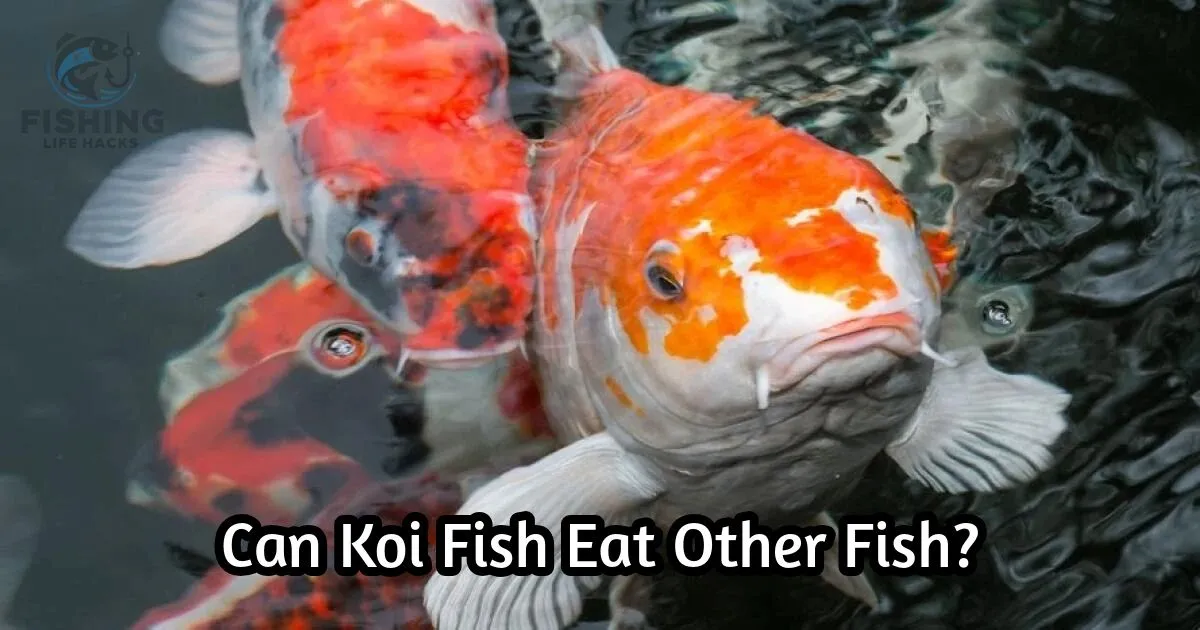
Koi fish, known for their vibrant colors and serene presence in garden ponds, are a favorite among pond enthusiasts. However, a common question that arises is: Do Koi Fish Eat Other Fish? The answer, while nuanced, leans towards a yes, under certain conditions.
Koi’s Eating Habits
Koi fish are omnivores, meaning they eat both plant and animal matter. Their diet in the wild includes algae, plant material, insects, small crustaceans, and occasionally small fish. In a controlled pond environment, their primary diet consists of specially formulated koi pellets, but they may also consume natural food sources present in the pond.
Opportunistic Feeders
Koi are opportunistic feeders, which means they will eat what is available to them. This behavior includes eating other fish, particularly if they are small enough to fit into their mouths. While koi are not aggressive predators, they will not pass up an easy meal if the opportunity arises.
Factors Influencing Koi to Eat Other Fish
Several factors can lead koi to consume other fish:
- Hunger: If koi are not fed adequately, they may turn to smaller fish in the pond as a food source. This includes fish fry and small species that are within their reach.
- Overstocking: A crowded pond creates competition for resources. In such cases, larger koi may prey on smaller fish to reduce competition and satisfy their hunger.
- Mistaken Identity: Koi may mistake smaller fish for insects or food pellets, particularly if the smaller fish are similar in size and color to their usual food.
- Natural Behavior: In the wild, koi eat a variety of foods, and small fish can be part of their diet. This natural tendency can carry over into a pond environment, especially if the koi are not adequately fed or if there are abundant small fish in the pond.
Which Fish are at Risk?
Not all fish are equally at risk of being eaten by koi. Smaller species and juveniles are the most vulnerable. Common examples include:
- Fish Fry: Young fish are particularly at risk as they are small enough to be consumed easily.
- Small Species: Fish like rosy red minnows, mosquito fish, and small catfish are often at risk if kept with larger koi.
Conversely, larger fish species that can coexist with koi include:
- Goldfish: When large enough, goldfish can live peacefully with koi, although there can be occasional bullying behavior.
- Catfish: Bottom-feeding catfish like bristlenose plecos are usually safe as they occupy different areas of the pond.
- Sturgeon: These fish are peaceful bottom feeders and can coexist with koi without issue.
Preventing Koi from Eating Other Fish
To ensure a harmonious pond environment and prevent koi from eating other fish, consider the following strategies:
- Adequate Feeding: Ensure your koi are well-fed with a balanced diet to reduce their need to seek out other food sources.
- Proper Stocking: Avoid overstocking your pond. Provide ample space to reduce competition and stress among the fish.
- Hiding Spaces: Create hiding spots using rocks, plants, and other structures. These provide smaller fish with safe areas to retreat from larger koi.
- Monitoring: Regularly observe your pond to ensure that all fish are coexisting peacefully. If any aggressive behavior is noticed, consider separating the aggressive koi.
Frequently Asked Questions
Conclusion
Koi fish can and do eat other fish, especially when certain conditions are met. By understanding their natural behavior and taking proactive measures, you can create a peaceful and balanced pond environment. Ensuring your koi are well-fed, providing enough space, and offering hiding spots can significantly reduce the likelihood of koi preying on their smaller pond mates.

